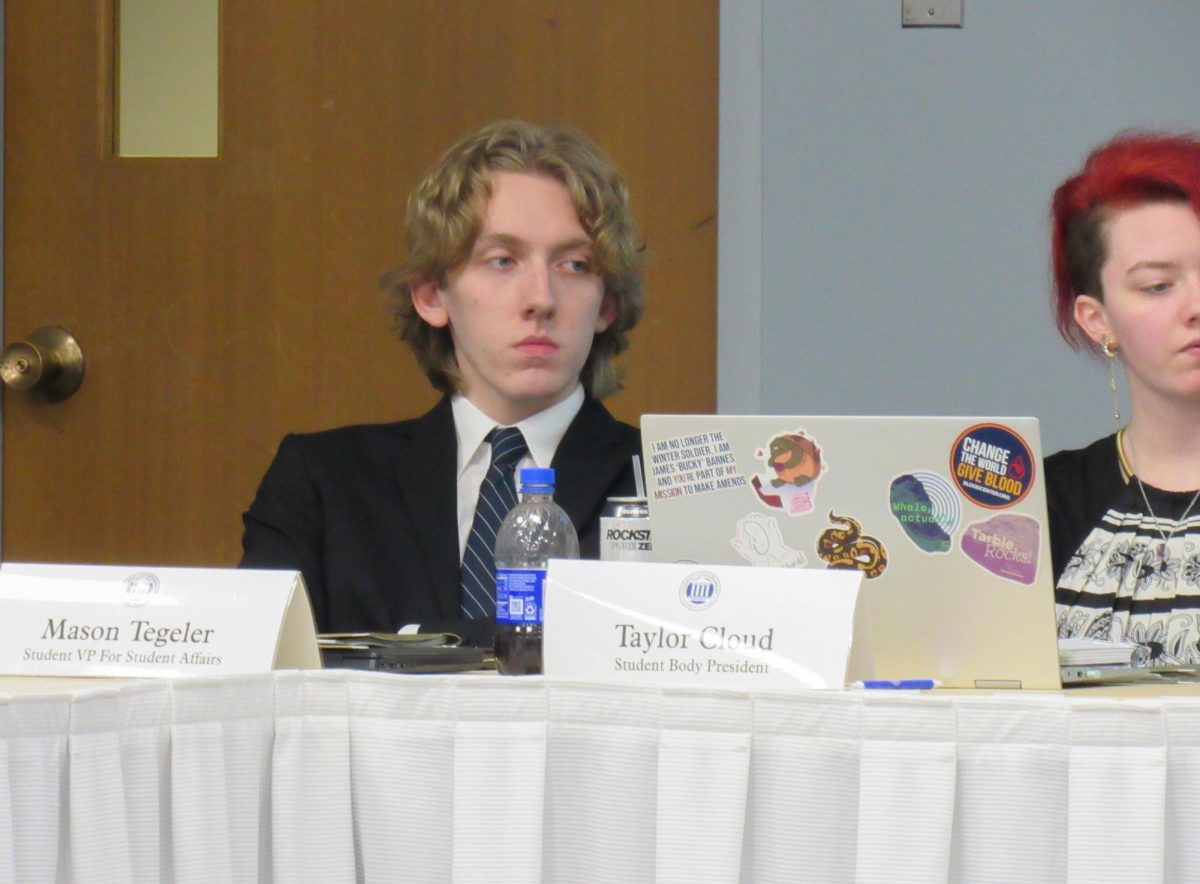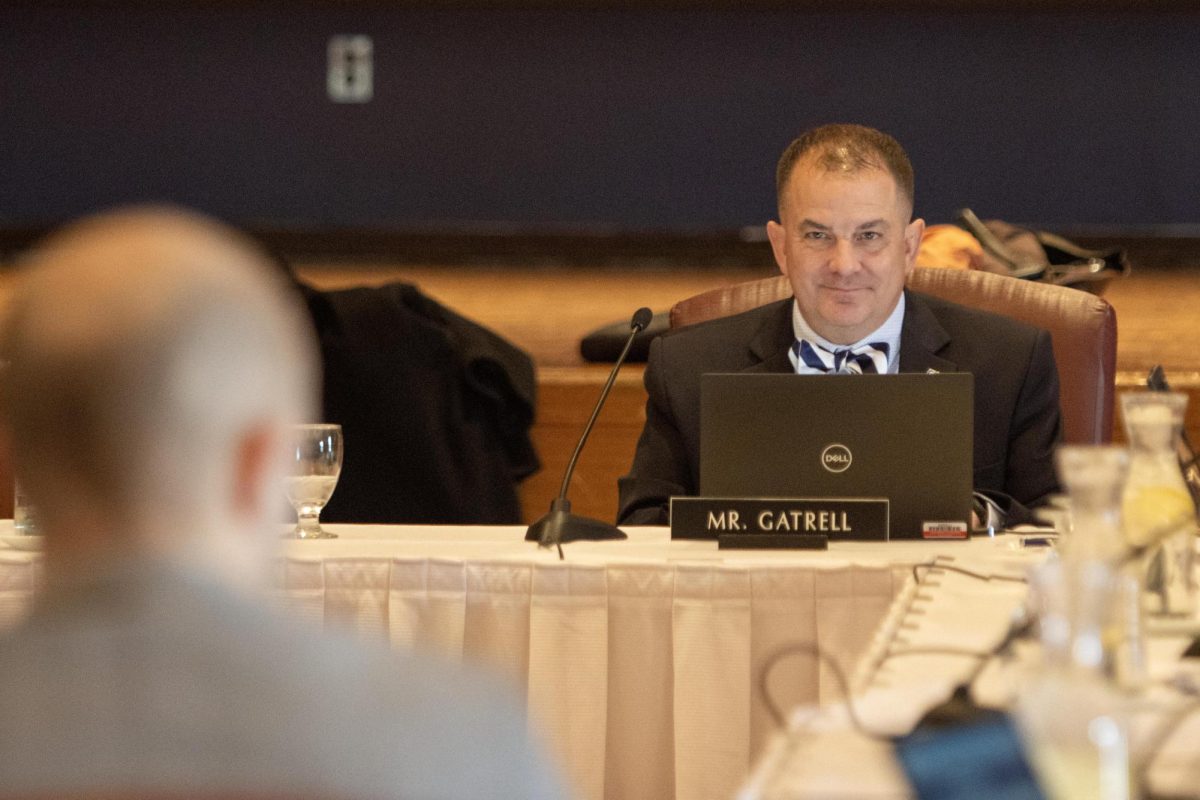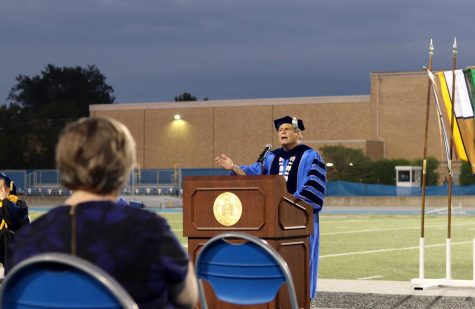Mertz denied Supreme Court hearing
The U.S. Supreme Court denied a request to hear Anthony Mertz’s case earlier this month.
Mertz, a former Eastern student, received the death penalty in February 2003 from a Coles County court after he was convicted of killing Eastern student Shannon McNamara on June 12, 2001.
The defense decided to appeal the death penalty charge but not the conviction itself, said State’s Attorney Steve Ferguson.
The appeal was then taken in November of 2005 to the Illinois Supreme Court, who affirmed the decision and said the case against Mertz was “overwhelming.”
The court refused a rehearing on the case last January, which brought the case to the U.S. Supreme Court.
Now the case will return to the Coles County Circuit court level.
Joshua Sachs, an attorney who works for the post-conviction unit of the state’s Appellate Defender office, said he is working on a post-petition conviction for Mertz.
Sachs said it is very difficult to explain a post-petition conviction, but said the post-petition reviews the potential problems in the case that are outside the appeals process. One of the differences between a post-petition conviction and an appeal is a post-petition conviction takes the case to the same court whereas an appeal goes to a different court.
In Mertz’s case, the post-petition conviction must be submitted by April 2 and Sachs said it would be.
At the time of her death, McNamara was living in an apartment on South Fourth Street and Mertz was living across the street.
According to evidence provided during the case, Mertz broke into McNamara’s apartment with his credit card that police later found.
He then strangled her with a washcloth and slashed her body a number of times. The police found blood under McNamara’s fingernails and the DNA matched with Mertz.
Mertz was in the Marines. According to Steven Clark, who represented Mertz in front of the Illinois Supreme Court, Mertz was sexually abused and neglected as a child. He was also taking medications and an alcoholic at the time of the murder, said Clark.





































































